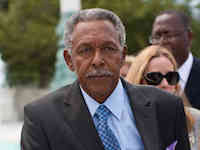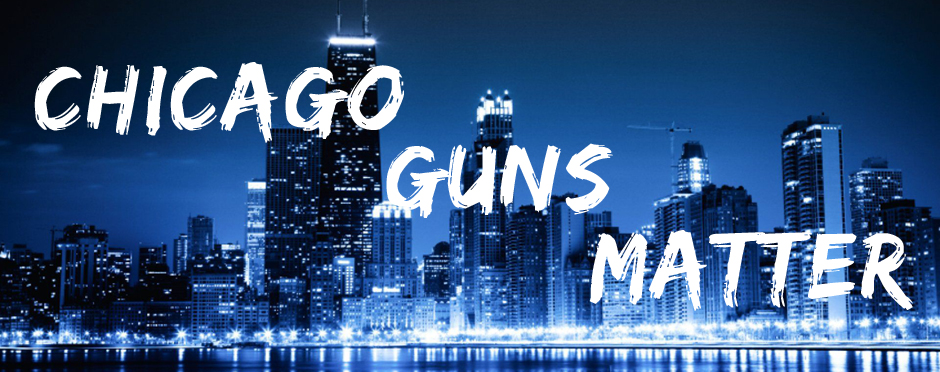
Otis McDonald lived in the Morgan Park neighborhood in Chicago's southwest side.
Concerned about his family's safety, he wanted to purchase a handgun for protection. Being a hunter and an Army veteran, he was already exposed to and familiar with firearms.
However, Chicago prohibited him from owning a handgun, so Mr. McDonald, along with others, sued the city and eventually overturned the handgun ban in 2010 in McDonald v Chicago, a case that holds national importance.
Taking on the City of Chicago in the courts was not the first time that Otis McDonald took a stand, rather it was typical of him to make a difference. He broke the color barrier in his workplace as a plant engineer at the University of Chicago, and became a union representative.
Otis McDonald was called home too soon, he died on April 4, 2014. However he was very active in the period following the Supreme Court decision, speaking at rallies and meetings concerning gun rights. He lived to see Illinois pass the Firearms Concealed Carry License Act.
Read more about Otis on the Chicago Tribune:
Mr. McDonald felt strongly that he had a duty to stand up for the rights that had been taken away from African-Americans during slavery. As he and his wife, Laura, sat in the Supreme Court gallery listening to oral arguments in the lawsuit, it reaffirmed what he felt was his calling.
Also, from the Weekly Standard:
After years of neighborhood-watch meetings that changed nothing, a frustrated McDonald drove 200 miles to a gun-rights rally in Illinois' capital. It was there that someone put him in touch with the Virginia attorney arguing this case.





